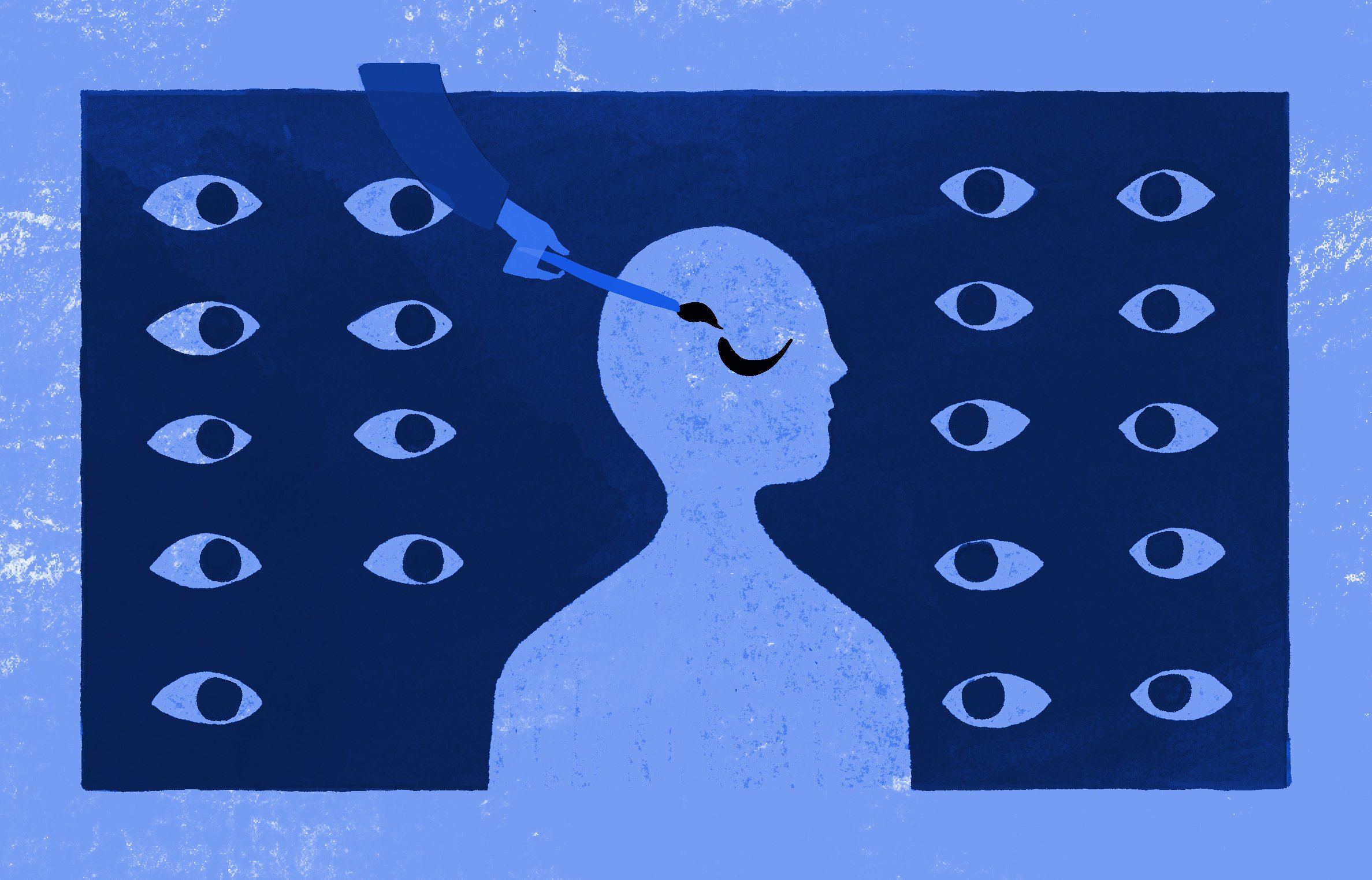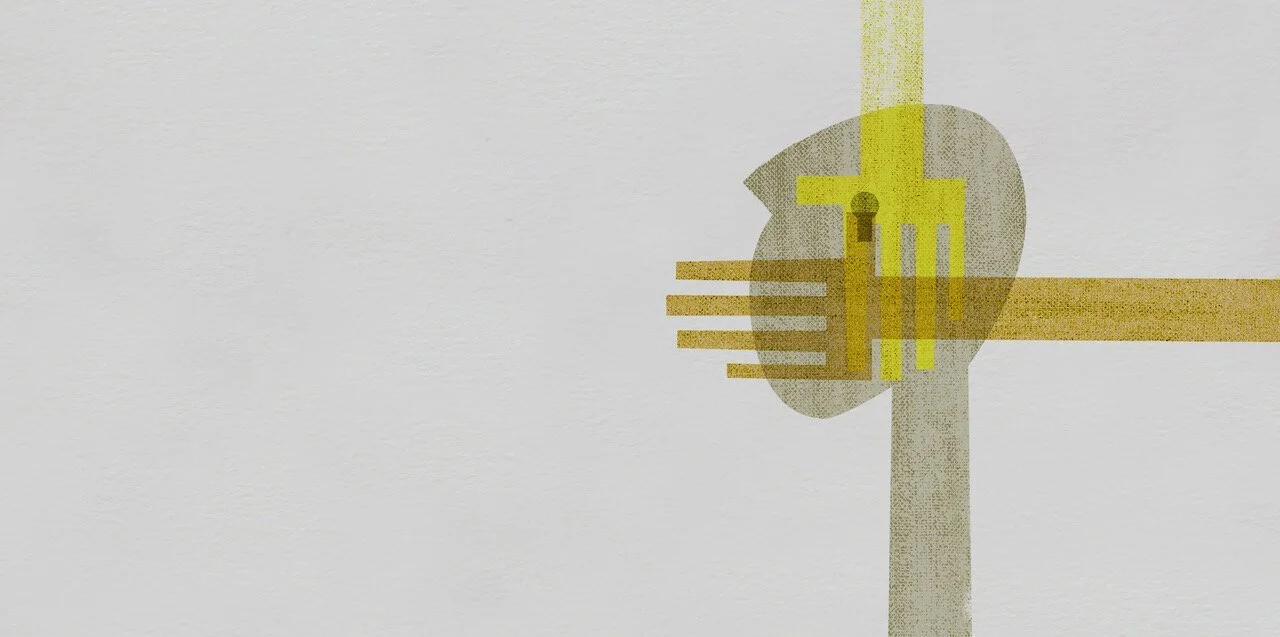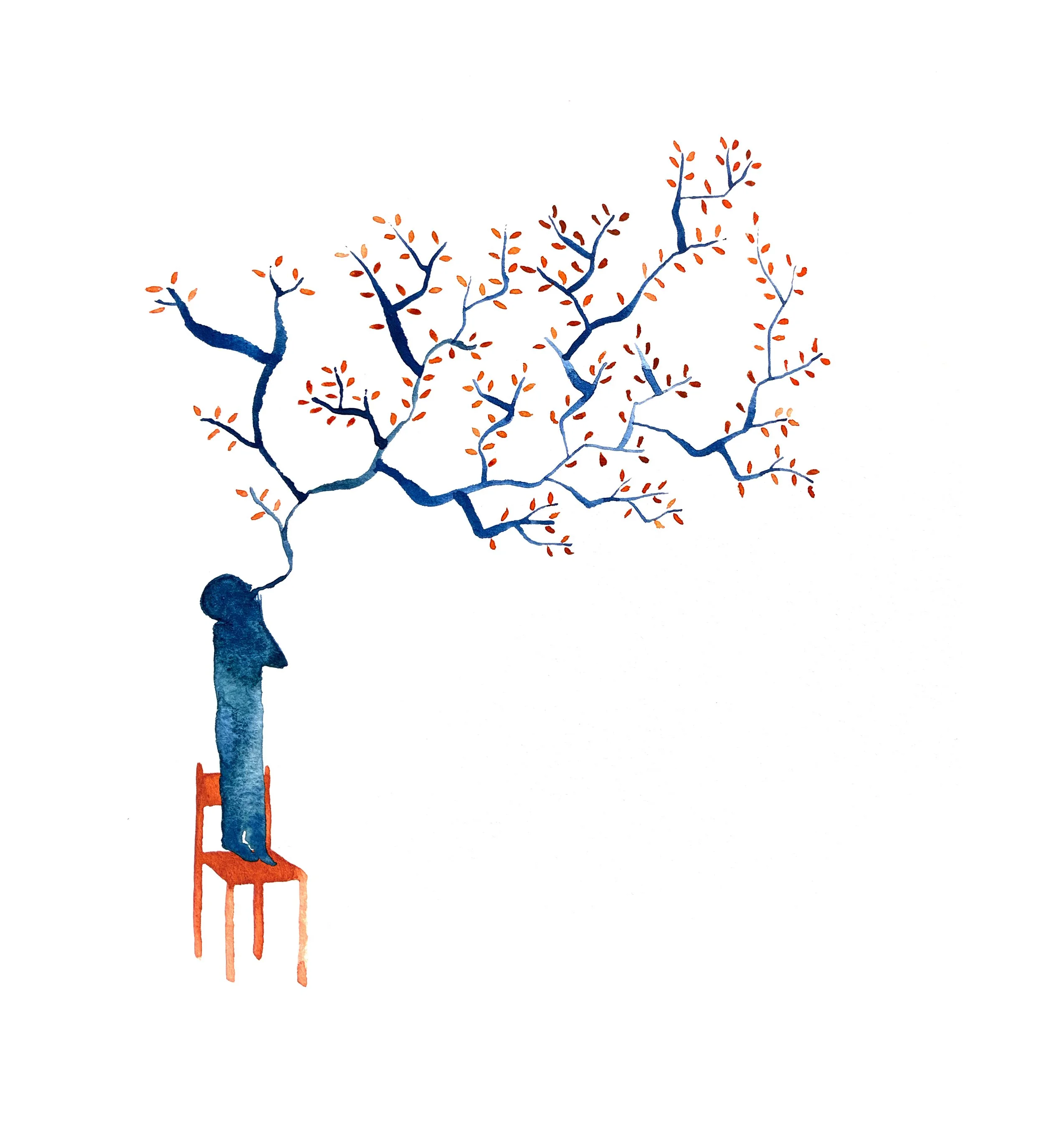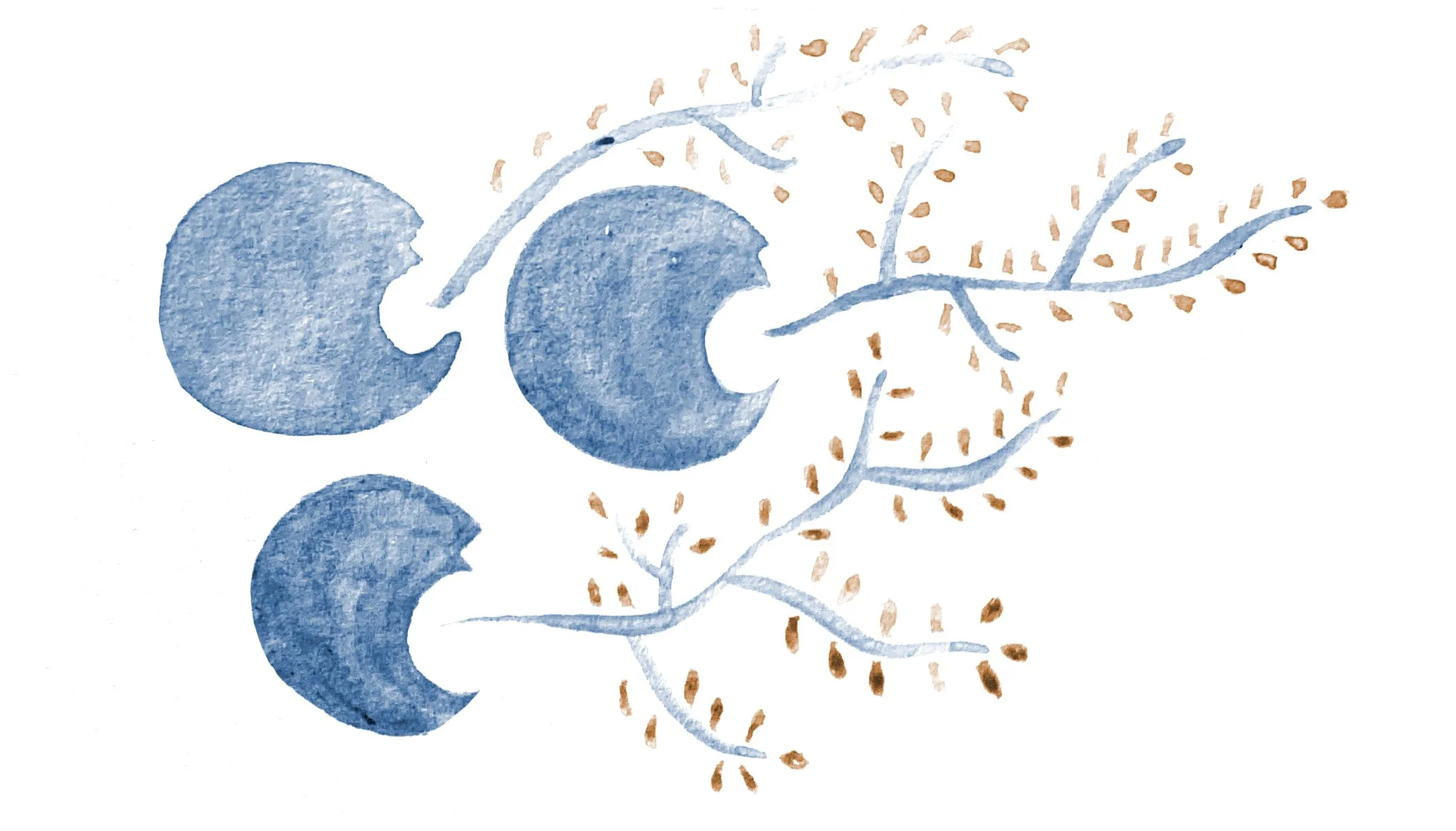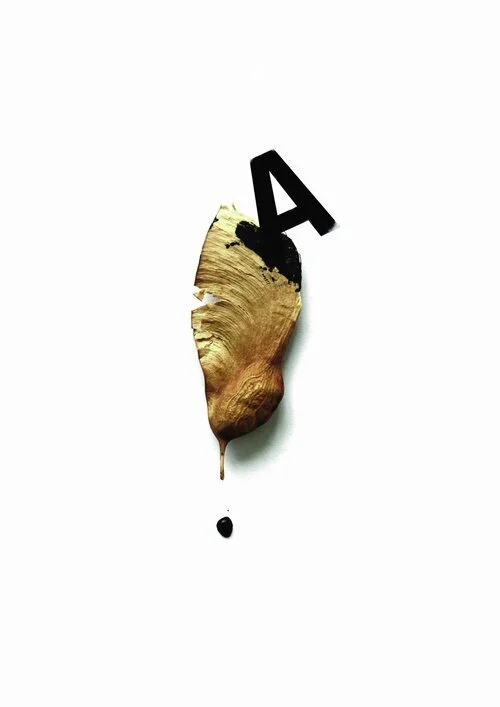The debate on encryption and children’s rights is often divided between approaches focused on preventing child abuse, versus an emphasis on civil liberties. But this polarisation hides the fact that children’s rights are on both sides of the discourse. Finding common ground is essential to ensuring that children’s rights are protected.
Read MoreA story published by Vice exposes the scale of bullying, abuse and sexual assault in British armed forces training, with the youngest recruits, and especially young women, some of the worst impacted. One of the veterans speaking out in the article is Joe, who joined the Army Foundation College in 2013 aged 16. Read his full story here. [Content warning: descriptions of abuse and sexual assault].
Read MoreAn unaccompanied minor files complaints at the UN Child Rights Committee over abuses he was subjected to at the hands of border guards. His submission is supported by ECCHR and Blindspots.
Read MoreThe UN’s child rights committee has urged Chile’s government to establish a truth commission in response to the systemic abuse of children across institutions.
Read MoreAs we say goodbye to CRIN's Director of almost two decades, here a few words from her on what it's been like and what's to come.
Read MoreEvery year on Earth day, it’s common to see messaging around recycling, saving electricity, walking to work and all the other ways in which we as individuals can reduce our impact on the environment. But individual action is not enough to tackle the scale of the climate crisis. As the recent IPCC report made clear, activism is key to tackling climate change.
Read MorePreventing Safeguarding finds that, despite being sold as a way of safeguarding children, the Prevent strategy puts policing priorities above their rights and welfare.
Read MoreToday we launch our project Children’s Access to Environmental Justice, in which we look at children’s environmental rights, and the laws and systems that affect them. We want to have conversations about how the law can be used to make children’s environmental rights a priority, and make it easier for those involved in youth climate activism to understand and use the law.
Read MoreIn this interview with Pedro Hartung, we hear about how the Alana Institute uses legal tools to address the fact that Brazilian children, and others in countries that have been historically colonised, are the most affected by climate injustice and violations due to lasting effects of colonial practice.
Read MoreThree parents have today spoken out about the treatment their children experienced as recruits at the Army Foundation College. CRIN has written an open letter to Ofsted, challenging the College’s ‘Outstanding’ grade in the face of abuse allegations.
Read MoreThe Committee on the Rights of the Child has published its decisions in its first climate justice cases. Read our take on what they could mean for the struggle for climate justice.
Read MoreNew data obtained by CRIN reveals a sharp increase in reports of sexual violence against girls in the UK armed forces.
Read MoreIn this opinion article, Nigerian child rights activist and CRIN climate adviser Aisha Saleh explains how climate change is increasing poverty and in turn child marriage, and that she responds by educating the parents about the implications of underage unions.
Read MorePoland’s Catholic Church recently released new data on sexual abuse committed within its walls, including against children. This opinion piece explains how the move is long overdue and exposes the institution’s move as a false display of transparency.
Read MoreIn this opinion article, Emirati youth climate activist and CRIN climate adviser Sagarika Sriram argues for the importance of climate change education in the school curriculum.
In this opinion article, South Korean youth climate activist and CRIN climate adviser Yujin Kim comments on the why she and fellow activists decided to challenge the government’s climate inaction in court.
A creative response fusing poetry, animation and sound, to encourage critical thinking about the military recruitment of young people in relation to human rights. Should the armed forces recruit children under the age of 18? You decide...
Read MoreTwenty major children’s and human rights organisations have written to the UK government today, calling for an end to the recruitment of children by the UK armed forces.
Read MoreIn this opinion article, Zimbabwean youth climate activist and CRIN climate adviser Nkosilathi Nyathi comments on the need to ensure access and diversity at international climate talks, and that this diversity must also include young people.
Read MoreOne of CRIN’s funders - the Joseph Rowntree Charitable Trust (JRCT) - recently published a statement revealing that its wealth has roots in slavery, colonialism and white supremacy. We reflect on the Trust’s approach to its history, and what it can offer to others who benefit from philanthropic wealth.

